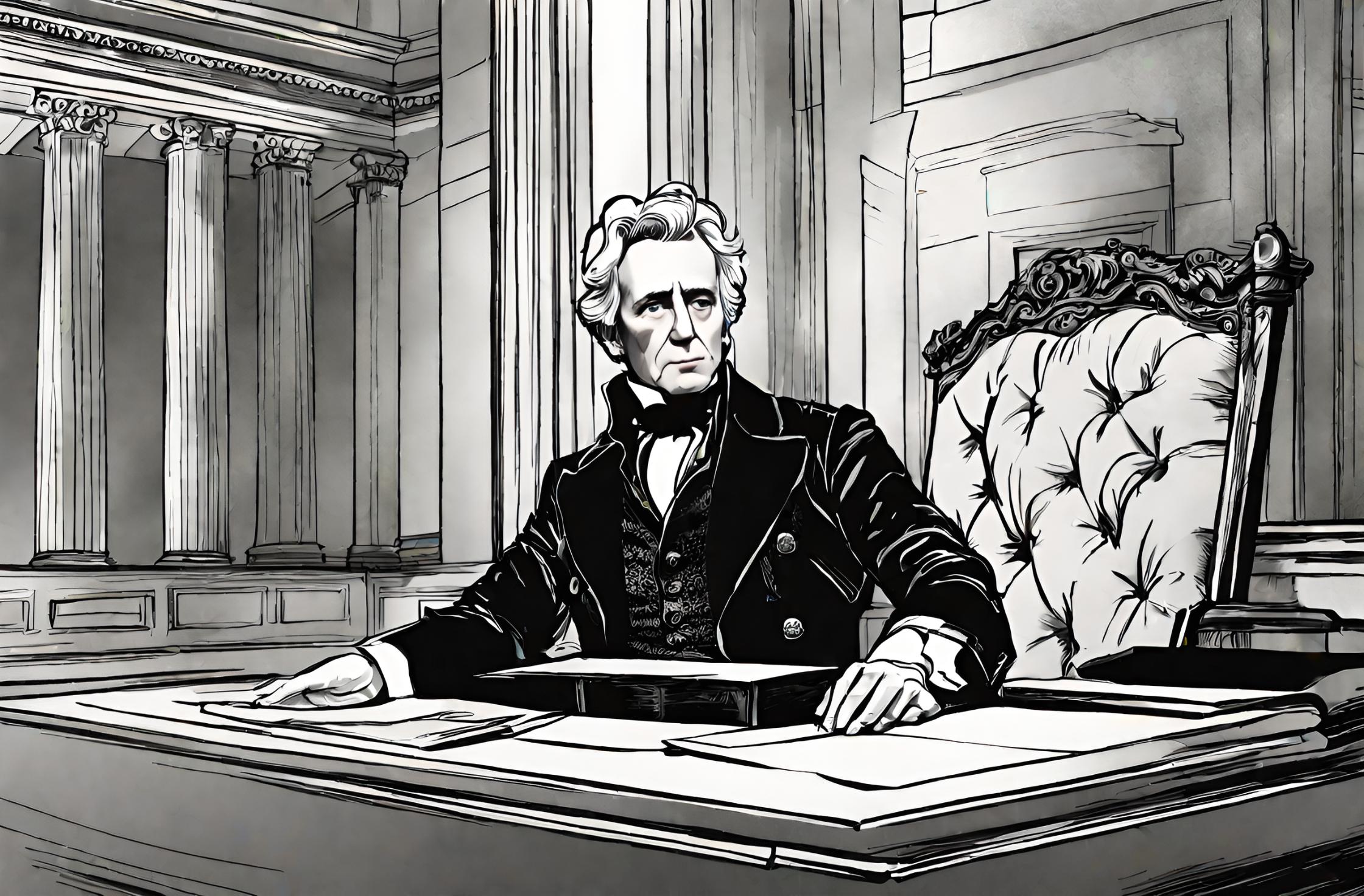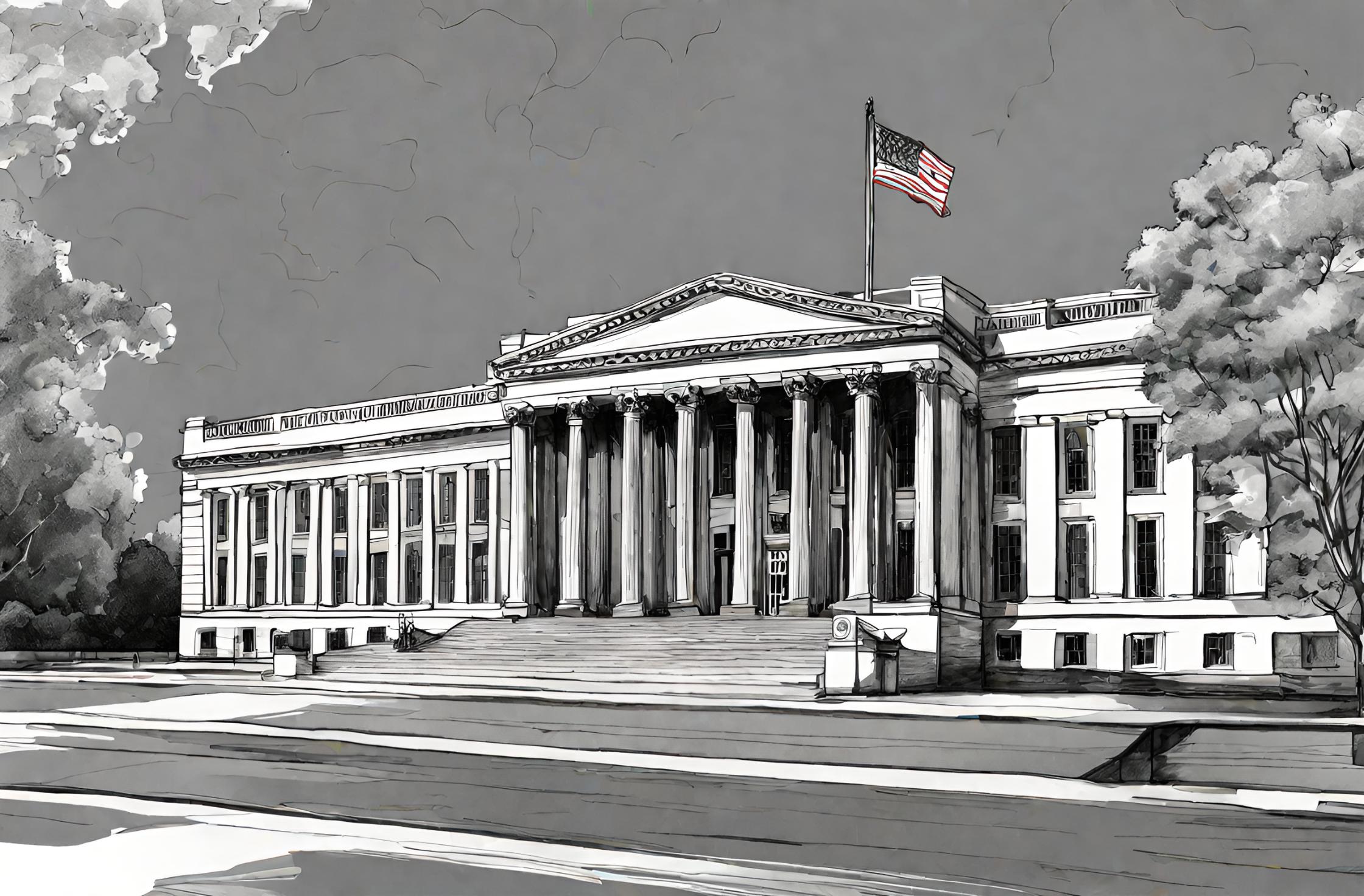Flashback to April 3
American History

On December 3, 1828, a monumental event occurred in the political history of the United States – Andrew Jackson became the 7th President. This transition of power placed a hero of the War of 1812 into the hallowed halls of the White House, along with his formidable Vice-President, John C. Calhoun.
During the 1828 presidential election, Jackson’s candidacy stood as a stark contrast to incumbent President John Quincy Adams. Jackson’s persona, characterized by his gritty determination and warrior spirit, garnered him immense popularity among the masses. Seen as a champion of common men’s rights, his story of ascending from humble beginnings resonated deeply with the American public.
But Jackson’s road to the presidency was laid with remarkable controversy, underscoring one of the most contentious elections in US history. However, for all the obstacles he encountered, Andrew Jackson’s election was a defining moment in America’s political landscape, setting the stage for a presidency that would significantly influence the direction of the nation.
Supported by his Vice-President, John C. Calhoun, Andrew Jackson entered the presidency prepared to change the traditional political paradigm. Calhoun, himself an accomplished and skillful politician from South Carolina, was an influential force in the Jackson administration. His strong advocacy for states’ rights and his fundamental role in shaping the Nullification Crisis marked him as a prominent figure in American politics.
Calhoun’s position as Vice-President under Jackson influenced his own political trajectory. Credited with crafting the concurrent majority theory and his vocal position on nullification, Calhoun’s political philosophies continue to resonate within the annals of American political thought. His indomitable character, combined with Jackson’s tenacious leadership, helped define American politics during this pivotal period.
Together, Jackson and Calhoun marked a transformative period in American politics. Jackson’s policies and leadership style, often termed ‘Jacksonian Democracy,’ sought to extend democratic ideals past the conventional political elite. A fervent believer in manifest destiny, Jackson’s expansionism agenda carried significant implications for westward expansion, federal policy, and the destiny of Native American tribes.
Concurrently, Calhoun, despite his controversial stance on issues such as slavery and states’ rights, significantly impacted the American political landscape. As presiding officer of the Senate, his legislative influence was felt through several key policies and legislative endeavours. His service as Vice-President under both Jackson and Adams cemented his legacy as a robust political figure.
Andrew Jackson’s presidency and John C. Calhoun’s vice-presidency produced lasting influential consequences for American history. Together, they marked the transition into a new era in American politics. The election on December 3, 1828, might have been marred with controversy and contentions, but its significance as a pivotal point for both the American political scene and the birth of modern-day electioneering cannot be understated.
Andrew Jackson’s election as the 7th President of the United States and the role of John C. Calhoun as Vice-President stand as noteworthy events in the annals of American political history. The legacy they left behind continues to reverberate through the political narratives and discussions that shape America today. Though the chapters of their political careers have ended, the influence and impact wielded by these two notable figures continue to permeate throughout American politics and society, long after their tenure in office.
We strive for accuracy. If you see something that doesn't look right, click here to contact us!
Sponsored Content

US national debt hits…
On April 3, 1986,…

Battle at Namozine Church,…
The Battle at Namozine…

